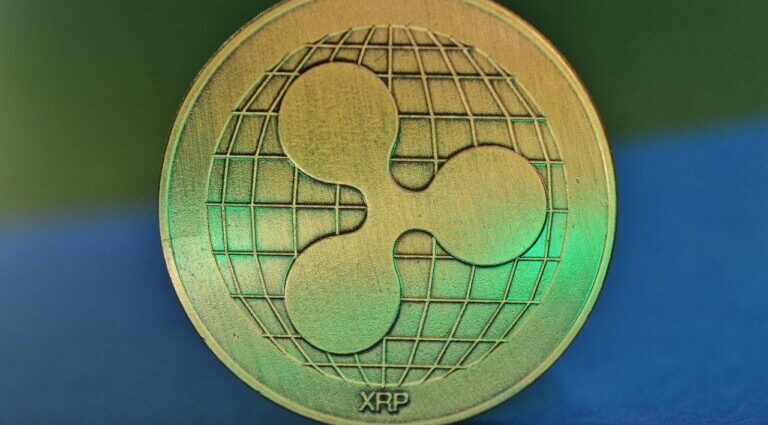Recently, Hugo Philion, the CEO of Flare Labs, the startup behind Flare Networks (also known as “Flare Network” and “Flare”), shared his thoughts on XRP’s future.
Flare Networks is a distributed network that aims to bring the full potential of smart contracts to decentralized finance (DeFi). It is designed to enable the use of smart contracts on networks that do not natively support them, such as XRP Ledger, Bitcoin, and Litecoin.
Flare uses the Ethereum Virtual Machine (EVM) for smart contract functionality, which means it can execute Ethereum-style smart contracts. This compatibility opens up possibilities for developers to create DeFi applications that can interact with other cryptocurrencies that don’t have their own smart contract capabilities.
On 13 July 2023, Hon. Analisa Torres, a district judge at the United States District Court for the Southern District of New York, issued a ruling that partially granted and partially denied the motions from both the SEC and Ripple and its executives. The court granted the SEC’s motion for summary judgment concerning the Institutional Sales but denied it for other matters. Conversely, the court granted Ripple’s motion for summary judgment regarding the Programmatic Sales, the Other Distributions, and the sales made by Larsen and Garlinghouse. However, the court denied Ripple’s motion concerning the Institutional Sales. The SEC’s motion for summary judgment on the aiding and abetting claim against Larsen and Garlinghouse was also denied.
In a significant statement, Judge Torres clarified that the XRP token, as a digital token, does not embody the Howey requirements of an investment contract. This ruling provided some clarity to Ripple and the broader crypto community regarding the regulatory status of XRP.
Following this ruling, Hugo Philion, Co-Founder of Flare Networks, shared his perspective on the future of XRP. Philion had always anticipated a hard sell-off of XRP after the case ended. He attributed this to the fact that the primary use case for XRP has always been cross-border transactions, a market primarily developed by Ripple.
According to Philion, since late 2020, Ripple’s ability to develop this market has been significantly hindered due to regulatory uncertainty. He believes that although the recent ruling has provided some clarity, Ripple is now 2.5 years behind in its work and that, in the meantime, stablecoin providers have presented a viable, albeit high friction, alternative and have been fairly successful in building out this market.
Philion suspects that Ripple will generate some success going forward in cross-border payments, particularly in corridors traditionally underserved by traditional finance. However, he thinks that progress is likely to be slow due to increased suspicion in traditional finance of cryptocurrencies, further fueled by recent controversies in the crypto space.
On a positive note, Philion highlighted that there are many people working to develop new use cases for XRP and the XRP Ledger. However, he says these efforts will take time to bear fruit.
Featured Image Credit: Photo / illustration by vjkombajn via Pixabay
Source: Read Full Article
-
Sen. Warren calls out 'sham audits' while SVB threatens crypto bankruptcy
-
Binance says it ‘continues to serve’ Belgian users via Poland entity
-
Bosch, EU and blockchain companies to build decentralized IoT: IAA Mobility
-
Judge Suggests Its Time For SEC To Settle With Ripple Following Historic XRP Win
-
Galxe replacing 110% of funds users lost in recent front-end hack, over $400K

